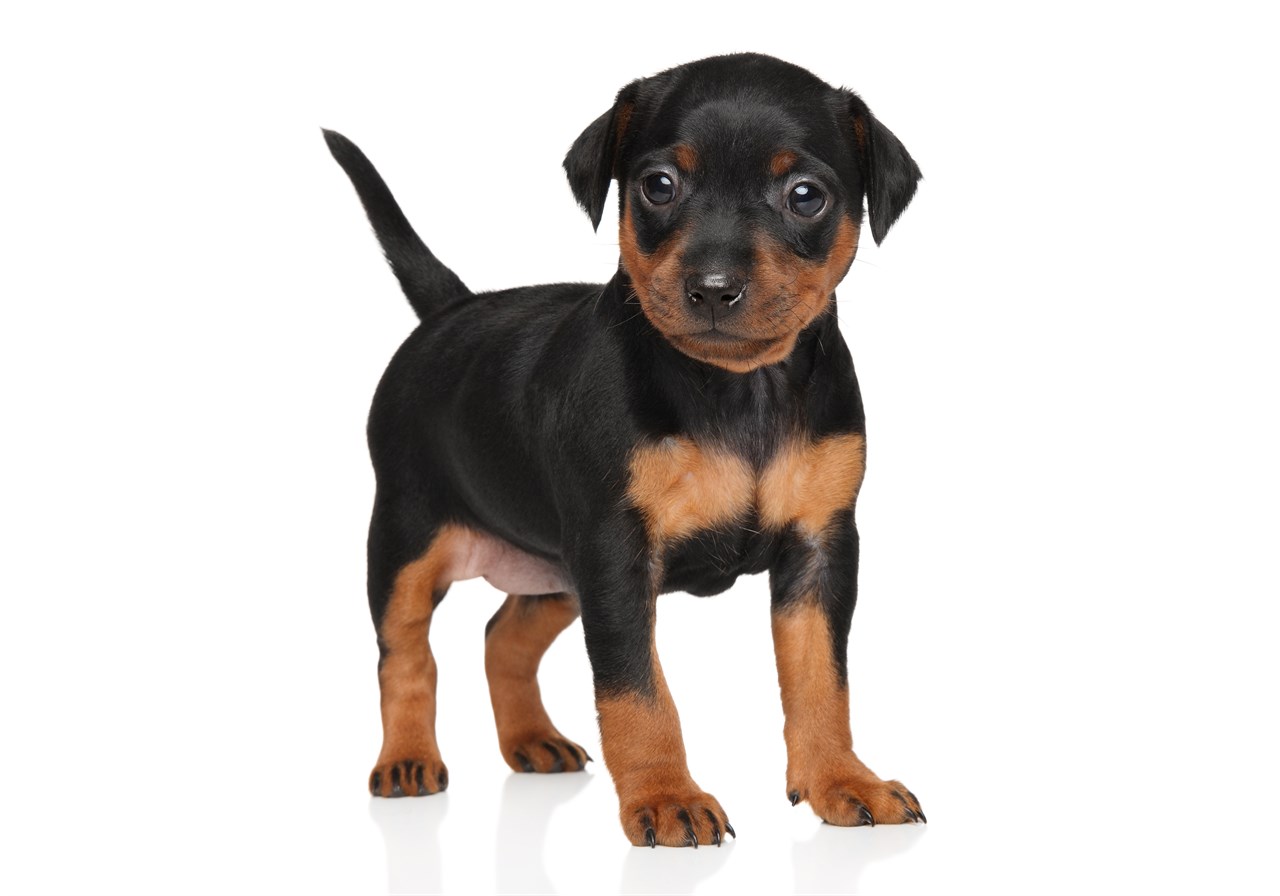Feeding Habits and Food Requirements of the German Pinscher: Nourishing Their Spirited Nature

Proper nutrition is crucial for the health and well-being of your German Pinscher. Understanding their feeding habits and dietary requirements is essential to ensure they remain energetic and thrive throughout their life.
Feeding Habits
German Pinschers are generally good eaters with healthy appetites. They tend to enjoy their meals and may eagerly approach their food bowl at mealtime. However, like all dogs, they can vary in their eating habits, and individual preferences may differ.
Dietary Requirements
Meeting the dietary needs of your German Pinscher is vital for their overall health. Here are some key considerations:
- High-Quality Dog Food: Select a high-quality commercial dog food that is appropriate for their age, size, and activity level. Look for products that list meat as the first ingredient and avoid foods with excessive fillers and artificial additives.
- Portion Control: German Pinschers are prone to weight gain if overfed. Be sure to measure their food portions and follow the feeding guidelines provided on the dog food packaging. Adjust the amount based on their age, activity level, and any changes in weight.
- Protein: Protein is essential for the development and maintenance of their lean muscle mass. Look for dog foods that contain around 20-30% protein.
- Fat: Healthy fats are important for energy and the maintenance of their skin and coat. Aim for a dog food with about 10-15% fat content.
- Carbohydrates: While dogs do not require carbohydrates in large quantities, they can be a source of energy. Choose foods with whole grains like brown rice or oats over fillers like corn.
- Fresh Water: Ensure your German Pinscher has access to clean, fresh water at all times. Proper hydration is essential for digestion and overall health.
- Special Dietary Needs: Some German Pinschers may have specific dietary requirements or allergies. Consult with your veterinarian if you suspect your dog has food sensitivities or requires a specialized diet.
- Puppy vs. Adult vs. Senior: German Pinschers have different nutritional needs at different life stages. Puppy food should support growth and development, while adult and senior foods address maintenance and potential age-related health concerns.
- Treats and Snacks: Be mindful of treats and snacks, as they can contribute to excess calorie intake. Use treats in moderation and opt for healthy options like small pieces of fresh vegetables or specially formulated dog treats.
Feeding Schedule
Establish a regular feeding schedule for your German Pinscher. Most adult dogs do well with two meals a day, while puppies may require more frequent feedings. A consistent schedule helps regulate their digestion and makes it easier to monitor their appetite and overall health.
Weight Management
Maintaining a healthy weight is crucial for the longevity and well-being of German Pinschers. Regularly monitor their weight, and if you notice any significant changes, consult your veterinarian for guidance on adjusting their diet and exercise routine.
In conclusion, feeding your German Pinscher a balanced and high-quality diet is essential to support their spirited nature and overall health. By understanding their dietary requirements, monitoring their weight, and providing proper nutrition, you can ensure your German Pinscher remains energetic and vibrant throughout their life.
German Pinscher puppies for sale
- Find German Pinscher puppies for sale in ACT
- Find German Pinscher puppies for sale in NSW
- Find German Pinscher puppies for sale in NT
- Find German Pinscher puppies for sale in QLD
- Find German Pinscher puppies for sale in SA
- Find German Pinscher puppies for sale in TAS
- Find German Pinscher puppies for sale in VIC
- Find German Pinscher puppies for sale in WA